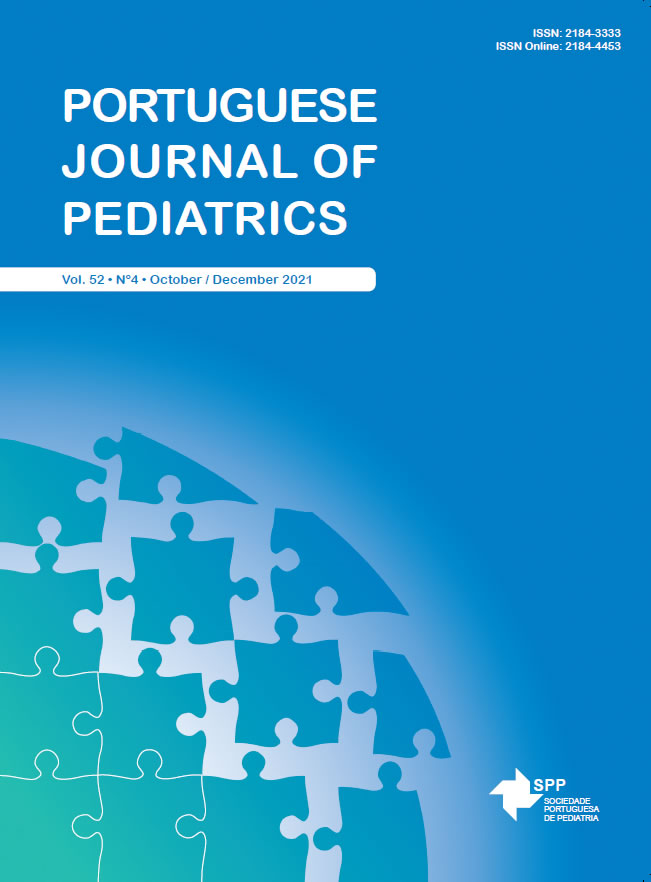Was Rooming-In a Safe Approach to Newborns from SARS-Cov-2 Positive Mothers?
Date of submission: 09-02-2021 | Date of acceptance: 01-04-2021 | Published: 03-10-2021
DOI:
https://doi.org/10.25754/pjp.2021.23476Abstract
Introduction: Since the emergence of coronavirus disease 2019 (COVID-19) there are limited data describing the risks and specific effects of SARS-CoV-2 in pregnant women and their neonates. To date, there is scarce evidence of in utero transmission, and the risk of perinatal transmission and consequent neonate’s risk of developing COVID-19 during the perinatal period are also unknown.
Methods: Since April 2020, universal screening of all pregnant women presenting in labour was implemented in our Hospital. To those positive to SARS-CoV-2 the possibility to room in with the neonate is given. Neonates are tested for SARS-CoV-2 within the first 24 hours and again at 48 hours of life.
We made a prospective cohort analysis of all neonates born to mothers positive for SARS-CoV-2 in our hospital from April to November, 2020. Demographics, neonatal and maternal symptoms at the delivery, during hospitalization and once discharged, perinatal routine care and SARS-CoV-2 RT-PCR results were studied.
Results: We analyzed 23 mothers positive for SARS-CoV-2. Only eight referred symptoms, mainly headaches, anosmia and ageusia/dysgeusia. The 23 neonates had both SARS-CoV-2 RT-PCR negative. All neonates were born and remained asymptomatic during the 14 days of surveillance time and all were breastfed.
Discussion: According to our results, it was safe to allow rooming in in COVID-19 positive mothers since there was no evidence of perinatal infection. This practice is a well-known way to promote early breastfeeding and encourage maternal–infant bonding.
Downloads
Downloads
Published
Issue
Section
License

This work is licensed under a Creative Commons Attribution-NonCommercial-NoDerivatives 4.0 International License.









